The University of Birmingham is a British red brick university located in the city of Birmingham and is a founding member of the Russell Group of British research universities.
The University of Birmingham is a truly global university producing world-leading research. With almost 5,000 international students from more than 150 countries, and 31% of its academic staff from overseas, the University of Birmingham is a truly diverse and global place which attracts the brightest and best international students and staff.
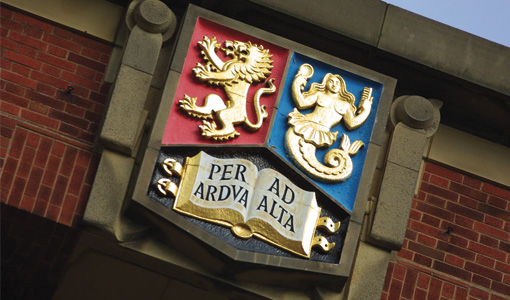
Established in 1963, the University of York has expanded to more than thirty departments and centres, covering a wide range of subjects. York has been welcoming students from all over the world since it was established. International students form an integral part of the community on campus, and currently just over 20% of the students come from outside the UK.
The University is a member of the prestigous Russell Group of leading UK Universities. Its campus is situated in a very safe and beautiful parkland located close to the centre of the historic city of York, recently voted European Tourism City of the year.
The University of York recently ranked top university for International student experience and York was also recently ranked 4th safest city in the UK in the Complete University Guide's 'How Safe is your City?' ranking.

The University of Bristol has had a reputation for innovation since its founding in 1876. It was the first institute of higher education in the country to admit women on an equal basis with men and in 1946 established the UK's first university drama department.
More recently, the University has influenced many aspects of our lives through life-changing research in areas such as cot death prevention and 3G mobile technology innovation.
The University is in the heart of the historic and buzzing city of Bristol, with its shops, restaurants, bars, cinemas, theatres, parks, museums, galleries and harbourside. The city also has a laid-back feel that students love. Bristol is also a popular tourist destination: the countryside surrounding Bristol is beautiful and easily accessible, and the coastline is close at hand.
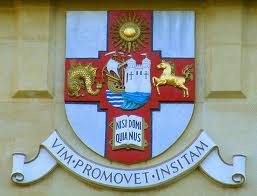
The University of Nottingham is a public research university based in Nottingham, England. It was founded as University College Nottingham in 1881 and granted a Royal Charter in 1948.
Nottingham's main campus, University Park, is situated on the outskirts of the City of Nottingham, with a number of smaller campuses and a teaching hospital (Queen's Medical Centre) located elsewhere in Nottinghamshire. Outside the United Kingdom, Nottingham has campuses in Semenyih, Malaysia and Ningbo, China. Nottingham is organised into five constituent faculties, within which there are more than 50 departments, institutes and research centres. Nottingham has around 34,000 students and 9,000 staff.
A 2014 survey suggested it is the most targeted university by the UK's top employers. In 2012, Nottingham was ranked 13th in the world in terms of the number of alumni listed among CEOs of the Fortune Global 500. It is also ranked 2nd (joint with Oxford) in the 2012 Summer Olympics table of British medal winners.The University of Nottingham is a world top 30 choice for employers, according to the QS World University Rankings 2013-14; and top 10 in a national poll of student experience.
Prospectus:
Nottingham University Business School MSc Programmes 2015-16
Nottingham University Business School MBA Brochure

The University of Surrey has a beautiful campus situated close to London and speacialises in hospitality and tourism courses with a great selection of science and education programmes.
With a long history of welcoming international students from all around the world. The University currently has nearly 145 different nationalities represented and it's among the top 10 UK universities for student satisfaction.
The beautiful safe campus is situated in Guildford which is just 33 minutes by train from London and close to Heathrow and Gatwick airports.The university has also recently expanded into China by launching the Surrey International Institute with Dongbei University of Finance and Economics.

The University of Glasgow is the fourth-oldest university in the English-speaking world and one of Scotland's four ancient universities. The university was founded in 1451 and is often ranked in the world's top 100 universities in tables compiled by various bodies. In 2013, Glasgow moved to its highest ever position, placing 51st in the world and 9th in the UK in the QS World University Rankings.
Glasgow was, with the University of Edinburgh, a leading centre of the Scottish Enlightenment during the 18th century. The University became a pioneer in British higher education in the 19th century by also providing for the needs of students from the growing urban and commercial middle classes. Glasgow served all of these students by preparing them for professions: the law, medicine, civil service, teaching, and the church. It also trained smaller but growing numbers for careers in science and engineering. The university is a member of the Russell Group which represents the highest-ranked public research-based universities in the UK.
Originally located in the city's High Street, since 1870 the main University campus has been located at Gilmorehill in the West End of the city. Additionally, a number of university buildings are located elsewhere, such as the University Marine Biological Station Millport on the Island of Cumbrae.
Glasgow has departments of Law, Medicine, Veterinary Medicine, and Dentistry. Its submission to the most recent UK university research assessment was one of the broadest in the UK. Glasgow's financial endowment is the fifth largest (and fourth largest per head) among UK universities.
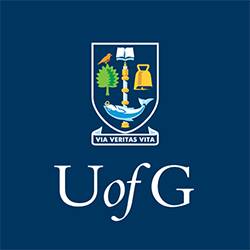
The University of Sheffield is one of the world’s top 100 universities with a reputation for teaching and research excellence.
The University of Sheffield’s diverse student population of nearly 25,000 of the brightest students from 117 countries learn alongside over 1,200 of the world’s top academics. The campus is based in the heart of Sheffield, a large, green city in the north of England.
Leading experts teach on the University’s courses and its students rate their learning experience as amongst the highest quality in the UK.
The University conducts research that matters. In the most recent UK Research Assessment Exercise, 93 per cent of its research was assessed as world-leading, internationally excellent or internationally recognised. The University has five Nobel Prize winners among its former staff and students.
It uses its research power to tackle big problems; global issues such as climate change and sustainable energy. It is reinventing engineering, changing the landscape of urban regeneration, protecting the vulnerable and standing up for freedom of expression.
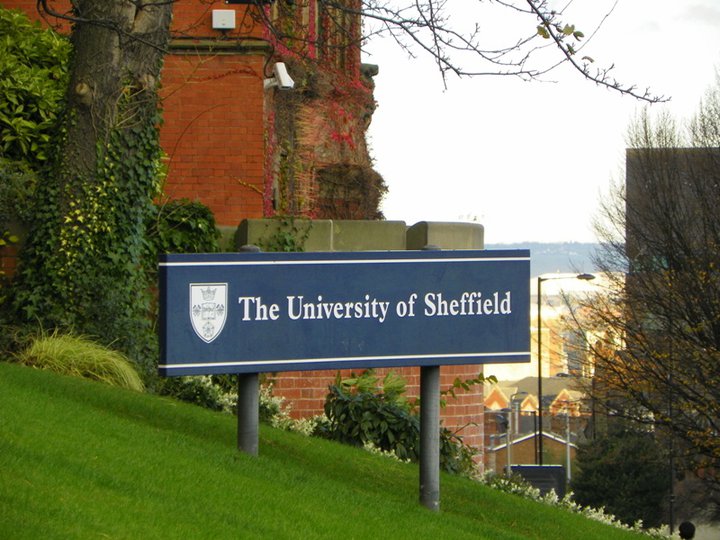
The University of Essex is a British public research university whose original and largest campus is near the town of Colchester, England. It was established in 1963 and received its Royal Charter in 1965.
The university's main campus is located within Wivenhoe Park in the English county of Essex. Apart from the Wivenhoe Park campus, there is a rapidly developing campus in Southend-on-Sea (Essex's largest town).
The university exhibits an international character with 132 countries represented in its student body. The latest Research Assessment Exercise (RAE) in 2008 ranked Essex ninth in the UK for the quality of its research with more than 90% of research recognised internationally for its quality, with 22% of research rated as 'world leading'. The university is referenced by QS World University Rankings as a world leader in social science, with internationally recognised strengths in the humanities.
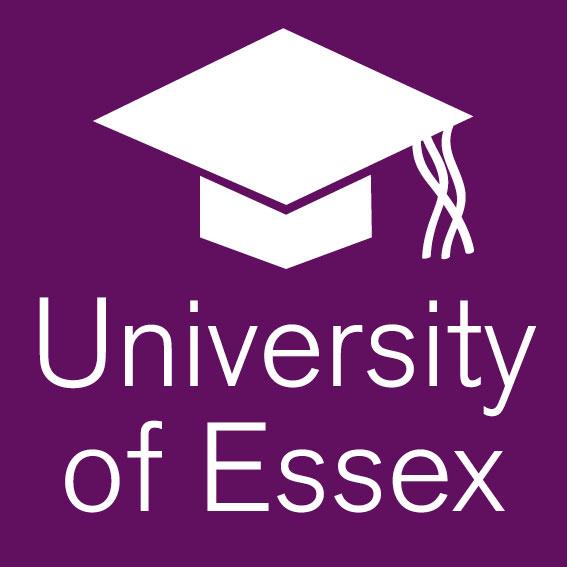
The University of Dundee, founded in 1881, was, for most of its early existence, a constituent college of the University of St Andrews. Following significant expansion, the University of Dundee became an independent body in 1967 whilst retaining much of its ancient heritage and governance structure. Since its independence, the university has grown to become an internationally recognised centre for research.
The main campus of the university is located in Dundee's West End, which also contains the university's affiliated Duncan of Jordanstone College of Art and Design and the Dundee Dental Hospital and School. The university also has additional facilities at Ninewells Hospital – containing its School of Medicine, Perth Royal Infirmary – which houses a clinical research centre, and in Kirkcaldy, Fife – containing part of its school of Nursing and Midwifery. Dundee has developed a significant reputation for students entering the traditional professions most notably law, medicine and dentistry as well as emerging areas such as life sciences and art.
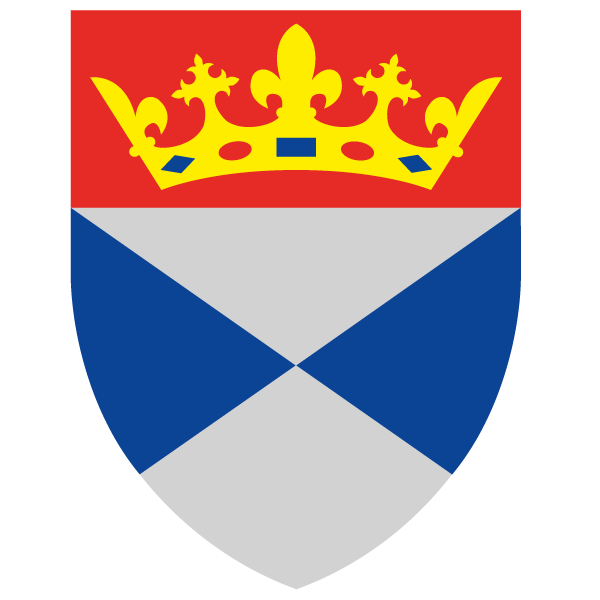
The University of Edinburgh, founded in 1583, is the sixth-oldest university in the English-speaking world and one of Scotland's ancient universities. It was the fourth university to be established in Scotland and the sixth in the United Kingdom, and is regarded as one of the most prestigious universities in the world. The university is deeply embedded in the fabric of the city, with many of the buildings in the historic Old Town belonging to the university.
The university played an important role in leading Edinburgh to its reputation as a chief intellectual centre during the Age of Enlightenment, and helped give the city the nickname of the Athens of the North. Alumni of the university include some of the major figures of modern history, including the physicist James Clerk Maxwell, naturalist Charles Darwin, philosopher David Hume, mathematician Thomas Bayes, surgeon Joseph Lister, signatories of the American declaration of independence John Witherspoon and Benjamin Rush, inventor Alexander Graham Bell, first president of Tanzania Julius Nyerere, and a host of famous authors such as Sir Arthur Conan Doyle, Robert Louis Stevenson, J.M. Barrie and Sir Walter Scott.




